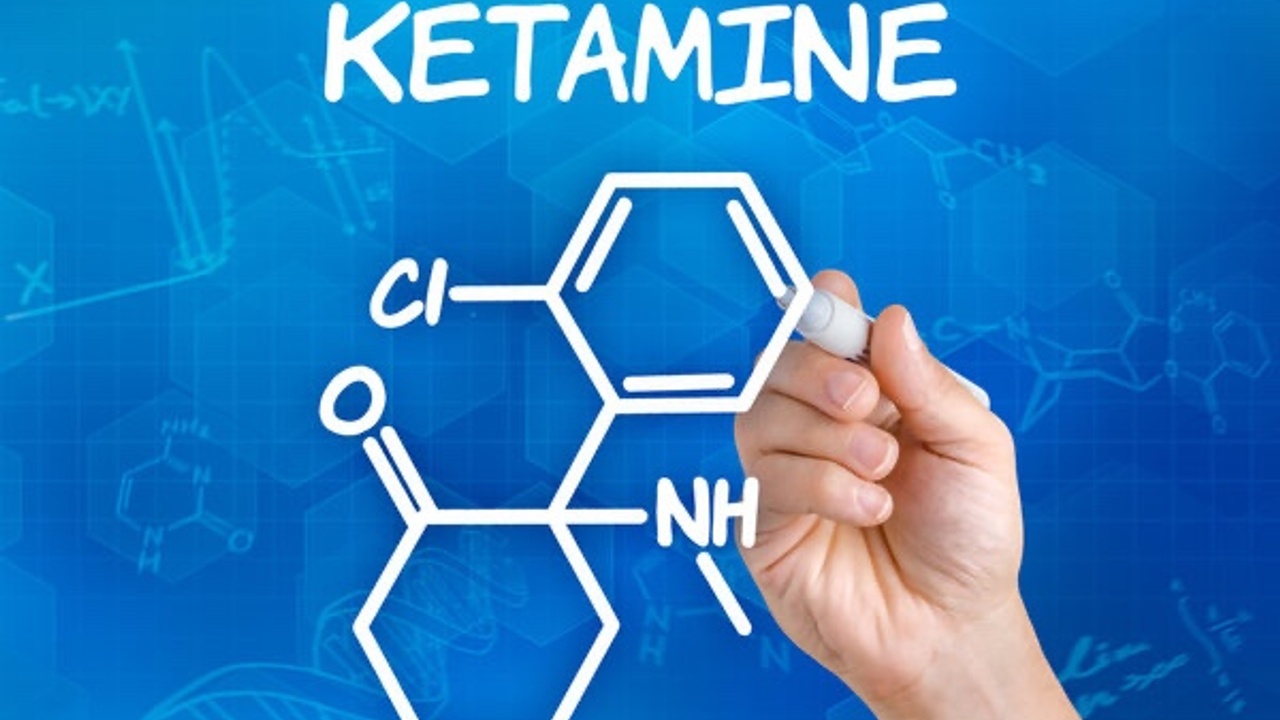Ketamine Therapy-Risks and Benefits
Jan 10, 2023
I had the opportunity this last year to work with a ketamine clinic. I learned a lot, and was able to witness positive change and healing occur much faster than with traditional talk therapy. Here are some risks and benefits to consider if you're thinking about trying ketamine assisted therapy.
First and foremost, make sure there is a therapist there with you for the experience-it can be overwhelming, and you should not be alone! Ask questions make sure you feel safe and comfortable with the clinic you choose.
Benefits of Ketamine Therapy:
- May provide relief from chronic pain and depression symptoms that have not been effectively treated by other medications or therapies.
- May help reduce symptoms of PTSD, anxiety, OCD, and other mental health disorders.
- Vastly improves sleep patterns and quality of life.
- May help reduce feelings of depression, suicidal thoughts and anxiety.
- Can help alleviate pain from conditions such as arthritis, fibromyalgia and chronic lower back pain.
- Can assist with alcohol and opioid use issues.
- Feel more open in talk therapy and less "stuck".
- Increases brain plasticity so new neural pathways can be formed-thus new habits are easier to come by, and old habits are easier to break.
Risks of Ketamine Therapy:
- Possible dizziness and nausea, loss of coordination, and blurred vision during the treatment and immediately following.
- Possible confusion, disorientation, and hallucinations during the treatment.
- A risk of heart rate and/or blood pressure increases.
- May cause flashbacks or a heightened sense of paranoia.
- Possible development of tachycardia (rapid heart rate) or hypertension (high blood pressure).
Now for more of the science behind this treatment:
Ketamine is an anesthetic drug that has been used for decades in medical settings to induce a state of unconsciousness. In recent years, it has been studied for its potential to treat depression. It works by blocking the NMDA receptor, a type of glutamate receptor in the brain. Glutamate is a neurotransmitter that plays an important role in the regulation of mood and emotion. By blocking the NMDA receptor, ketamine reduces the activity of glutamate in the brain, which can lead to an antidepressant effect. Ketamine has been found to be effective in treating depression in a number of clinical trials. It has been shown to reduce symptoms of depression in as little as 24 hours, and the effects can last for up to two weeks. It is thought to work by increasing the levels of certain neurotransmitters, such as dopamine and norepinephrine, which are involved in regulating mood. It also increases the levels of brain-derived neurotrophic factor (BDNF), which is a protein that helps to promote the growth and survival of neurons. Ketamine is generally well-tolerated and has few side effects. However, it can cause some short-term side effects, such as confusion, dizziness, and nausea. It can also cause dissociative symptoms, such as feeling detached from reality. For this reason, it is important to be monitored by a healthcare professional when taking ketamine. Overall, ketamine has been found to be an effective treatment for depression, with rapid onset of action and few side effects. It is important to note, however, that it is not a cure for depression and should be used in combination with other treatments, such as psychotherapy and medication.
Feel free to reach out if you need help integrating or processing your own ketamine experience, or help finding a provider. We're here to help!

